If Theresa May were to stand up at the dispatch box and, in a fit of rage, call Jeremy Corbyn a ****ing ****, we can assume that by the end of the day her political career would be in a certain amount of jeopardy. For one thing, parliament has stringent rules about etiquette. As the guidelines explain, ‘Unparliamentary language [is that which] breaks the rules of politeness in the House of Commons Chamber’. Over the years, this has included MPs calling each other ‘b*****ds’, ‘sods’ and so on.
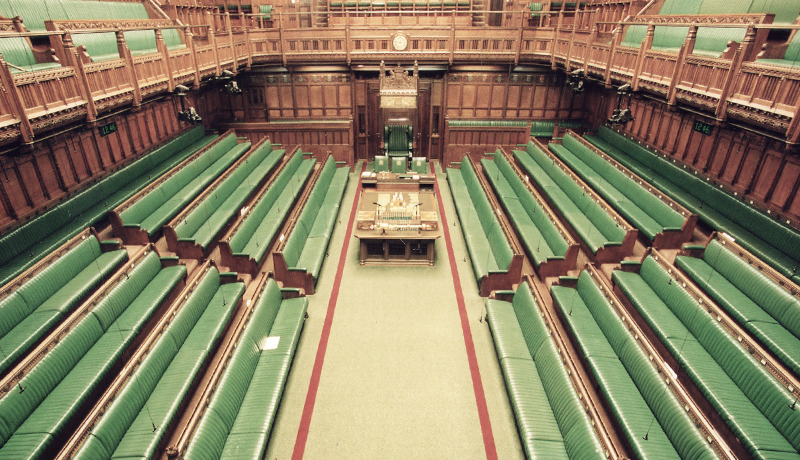 The House of Commons Chamber was rebuilt by Sir Giles Gilbert Scott after it was damaged during the Second World War
The House of Commons Chamber was rebuilt by Sir Giles Gilbert Scott after it was damaged during the Second World War
It’s not the crude language itself that’s prohibited, however. It’s using it to insult someone. Every now and again the odd strong term does get an airing in parliament. For instance, in March this year, the SNP politician Mhairi Black became the first MP to use the word ‘c***’ in the chamber of the Commons. Importantly, though, she wasn’t directing it at anyone. She was speaking in a debate about misogyny and describing the type of abuse she regularly receives on social media. In linguistics and philosophy, there’s a distinction here between ‘using’ a word and ‘mentioning’ it. By mentioning the word (i.e. quoting someone else’s use of it) – and doing so with the full, uncensored version – Black was highlighting just how misogynistic, and extreme much of the abuse she gets is.
For the most part, though, swearing in parliament is avoided. Similarly, politicians mostly watch their language whenever they’re in a public setting. It’s not referred to as taboo language for nothing, after all.
With politics, of course, it’s always important to look beyond the words themselves to see how language is being used to create a particular effect.
That’s not to say they don’t occasionally swear in public. Or that swearing doesn’t have a particular place in political rhetoric. During the 2017 general election campaign, for example, Theresa May very pointedly described herself in an interview as, "a bloody difficult woman". She was talking in the context of the upcoming Brexit negotiations and used the phrase to highlight her projected resolve and stubbornness of character. As expletives go, ‘bloody’ isn’t particularly offensive. But it nevertheless caught the attention of the press and ended up in most the following day’s headlines.
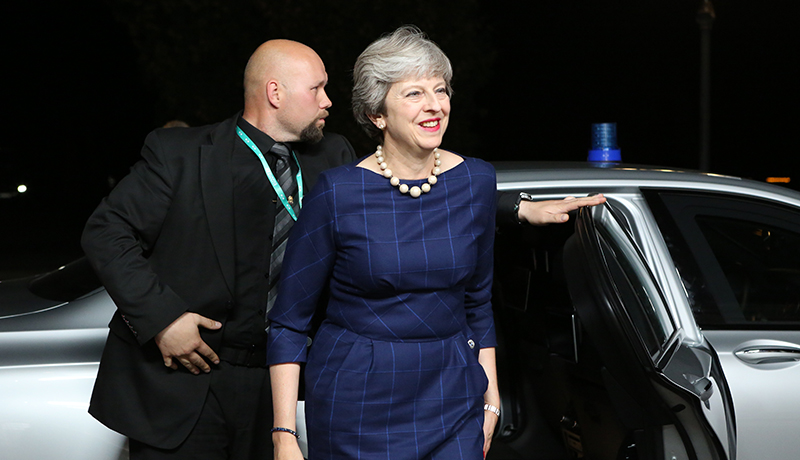 British Prime Minister, Theresa May, once claimed she could be a "bloody difficult woman"
British Prime Minister, Theresa May, once claimed she could be a "bloody difficult woman"
Another frequent pattern is the unguarded use of an expletive by a politician which then gets picked up by the media and used to frame discussions of a topic. Back in July 1993, for example, John Major was caught on mic calling three Eurosceptic members of his own cabinet ‘bastards’. He’d just finished giving an interview with ITN’s political editor and didn’t realise the mic was still live. Although unintentional, the word then came to characterise his struggles with the anti-EU element in his party. Years later he reflected on the incident. "Calling three of my colleagues… 'b*****ds' was utterly unforgivable," he said. "My only excuse is that it was true".
There are some words, of course, which aren’t countenanced in public discourse whatever the circumstance, explicitly racial epithets fall squarely into this category.
Donald Trump has made something of an art of the indiscreet comment which provokes huge press coverage. In January this year, for instance, during a meeting about immigration, he reportedly asked, "Why do we want all these people from ****hole countries coming here?" The countries he was referring to were all African nations, and when the exchange was leaked to the press, it instantly became a major talking point (until the next Trump-related scandal came along to replace it). But while for many people his choice of language was straight-forwardly racist, for those who share his strong anti-immigration beliefs it was commonsensical if bluntly-expressed summary of the issue.
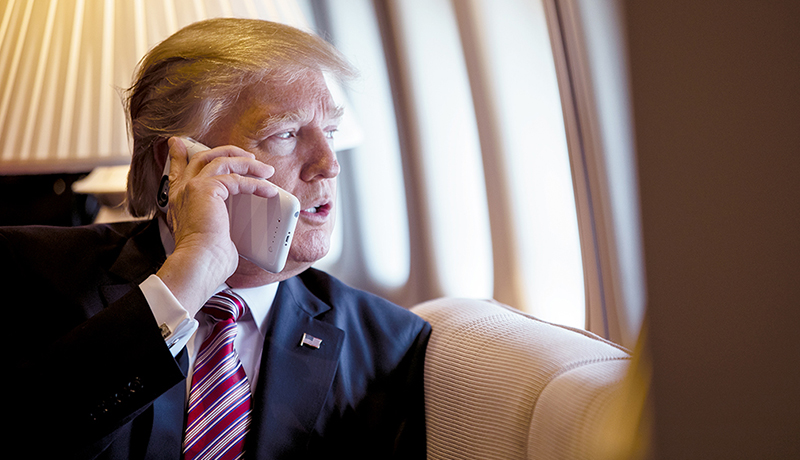 Donald Trump is the 45th and current President of the United States
Donald Trump is the 45th and current President of the United States
There’s evidence, in fact, that Trump’s use of this type of language helps him connect with a large part of the electorate. Unlike most presidents, who’ve kept their use of expletives behind closed doors, Trump regularly swears in public. In a speech back in 2011, for example, he said that if he were ever to become president his message to China would be, "Listen you mother*****s, we’re going to tax you 25 per cent!". And of course, midway through the 2016 campaign, audio of him explaining that, "I did try and f*** her" and that he grabbed women, "by the p****" was endlessly broadcast around the world. For almost any other politician this would have sunk their candidacy immediately. For Trump, it seemed to have little if any impact on his standing. As the linguist, Melissa Mohr says, ‘Trump’s swearing is an integral part of what his supporters see as his gleeful disregard of conventional politics, and what makes him seem authentic and trustworthy’.
...the use of taboo language can be a distraction – or at least, something that opponents can use to divert attention away from the actual point you’re trying to make.
There are some words, of course, which aren’t countenanced in public discourse whatever the circumstance, explicitly racial epithets fall squarely into this category. For instance, in July 2017 Theresa May quickly moved to suspend one of her MPs, Anne Marie Morris, when she used the phrase ‘n***** in the woodpile’ in a discussion about Brexit. (Although Morris did then have the whip restored to her five months later, a day before a crucial vote on Brexit.)
Comedians, Adam and Theo AKA Shuffle T and Marlo, eplore the wonderful world of profanity
For the uncensored version of this video please select here: https://youtu.be/TsFm-pN_XJ0
Even when Barack Obama used the N-word as a means of highlighting social tensions in the US, he was criticised by some people. During an interview with the podcaster Marc Maron, he gave an assessment of the way he felt the country was still a long way from being cured of racism: "And it’s not just a matter of it not being polite to say 'n*****' in public", he said. "That’s not the measure of whether racism still exists or not". Like Mhairi Black in her House of Commons speech, Obama wasn’t ‘using’ the word himself, but instead referring to others who do so. Somehow, though, the simple mention of the word managed to overshadow media coverage of the substantive point he was making. On Fox News, the presenter Steve Doocy tried to argue that ‘people will be talking about whether or not it’s appropriate for the president to use the “n-word” and whether or not it is beneath the dignity of his office’.
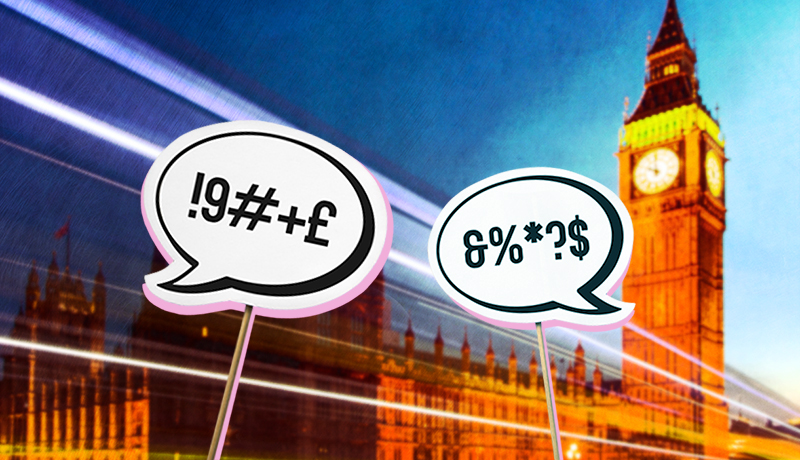 An artistic perspective The Houses of Parliament
An artistic perspective The Houses of Parliament
In an incident such as this, the use of taboo language can be a distraction – or at least, something that opponents can use to divert attention away from the actual point you’re trying to make. With politics, of course, it’s always important to look beyond the words themselves to see how language is being used to create a particular effect. How rhetoric is being used to shape our understanding of the real issues. And in this respect, swearing is simply another rhetorical strategy that politicians embrace if they think it might help their cause.
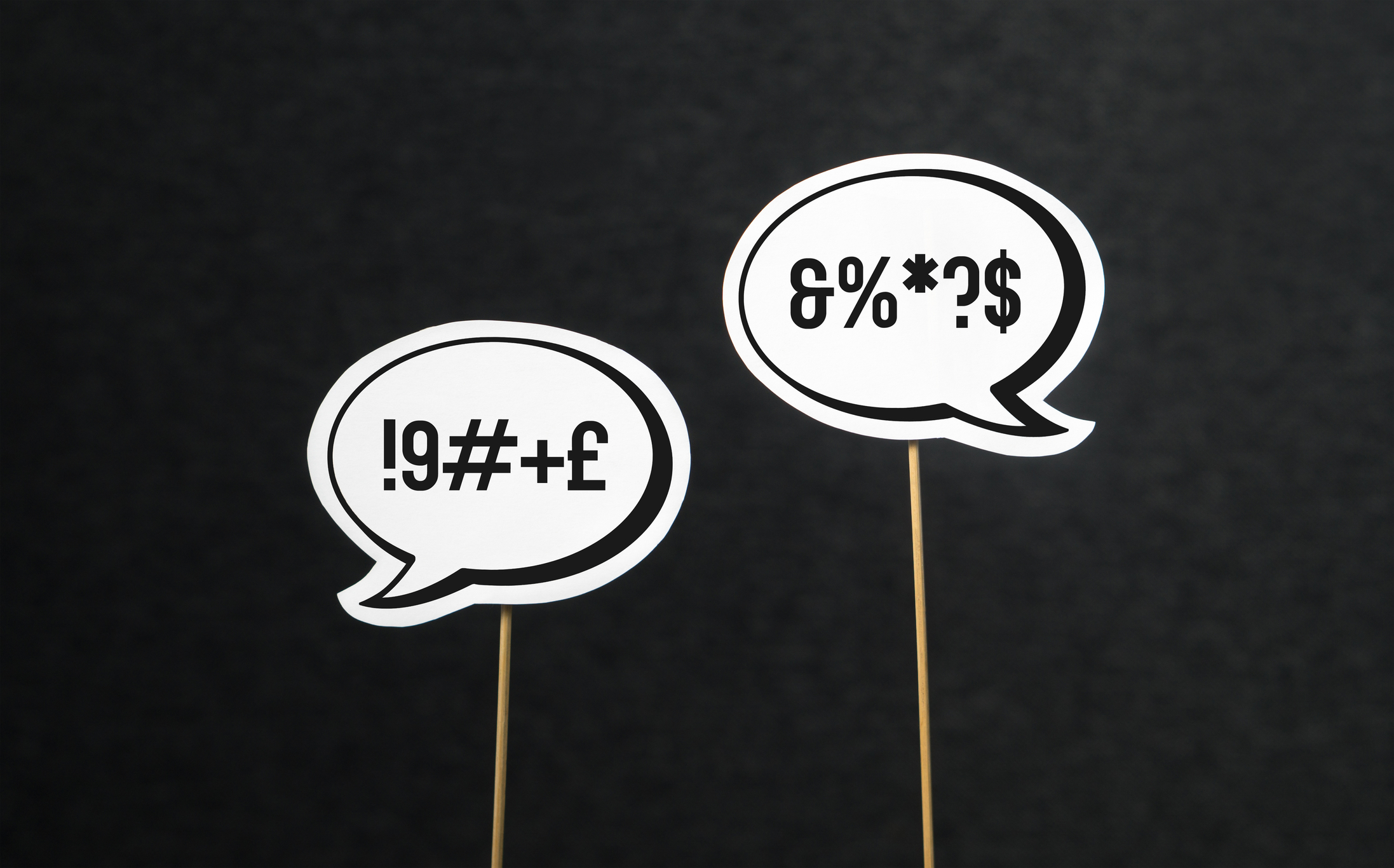
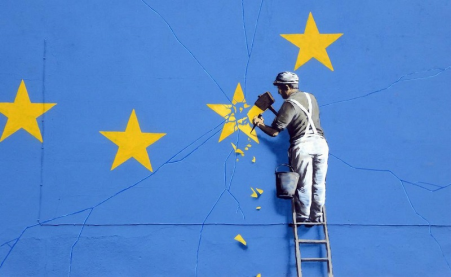


Rate and Review
Rate this article
Review this article
Log into OpenLearn to leave reviews and join in the conversation.
Article reviews